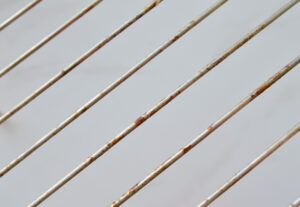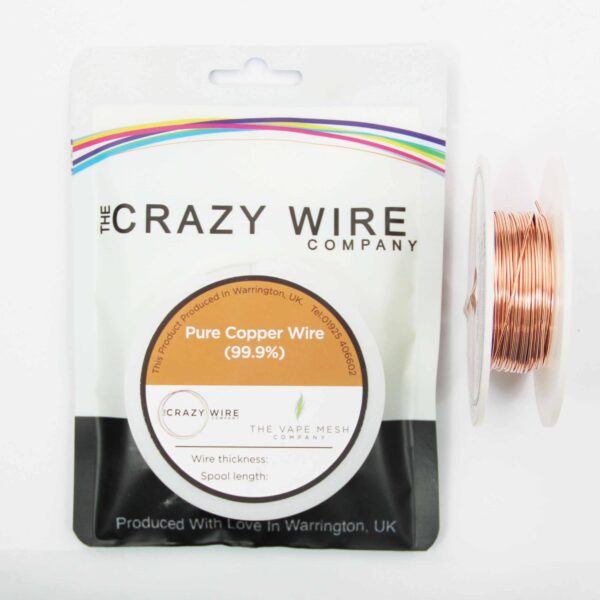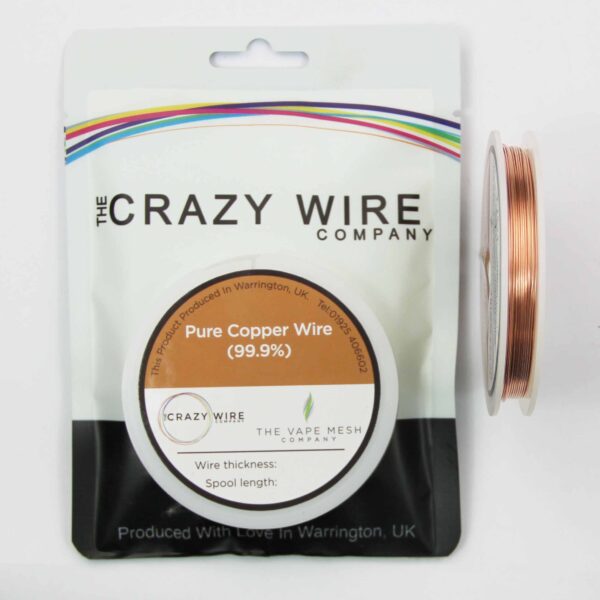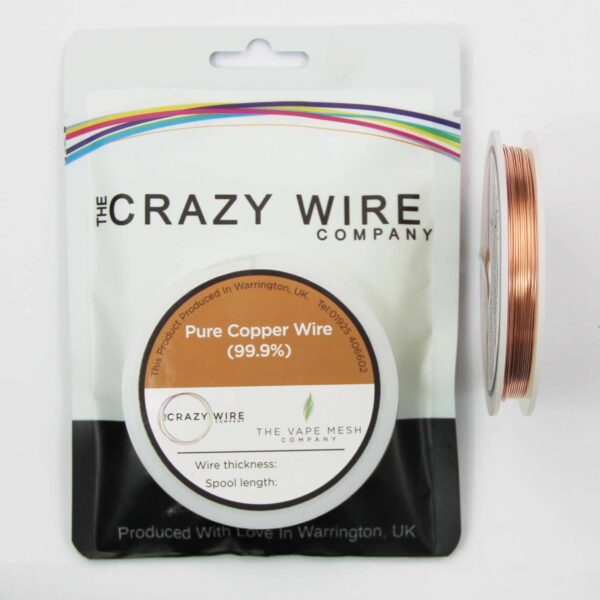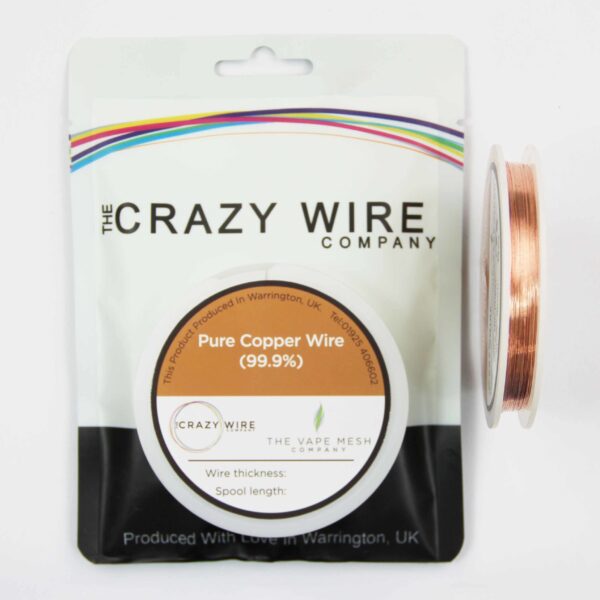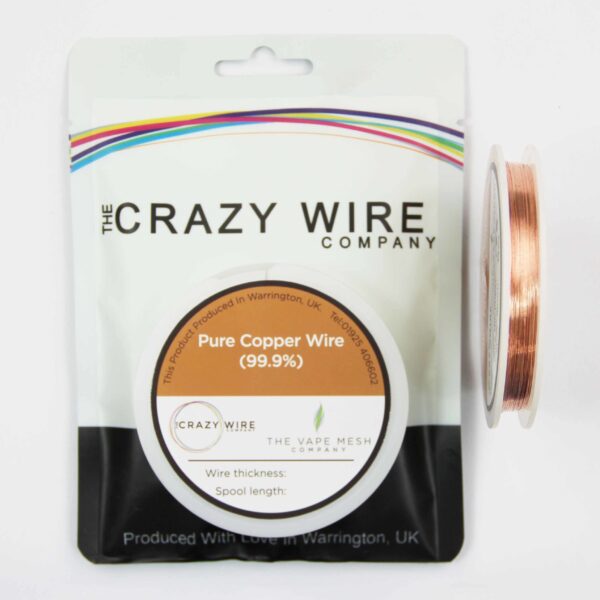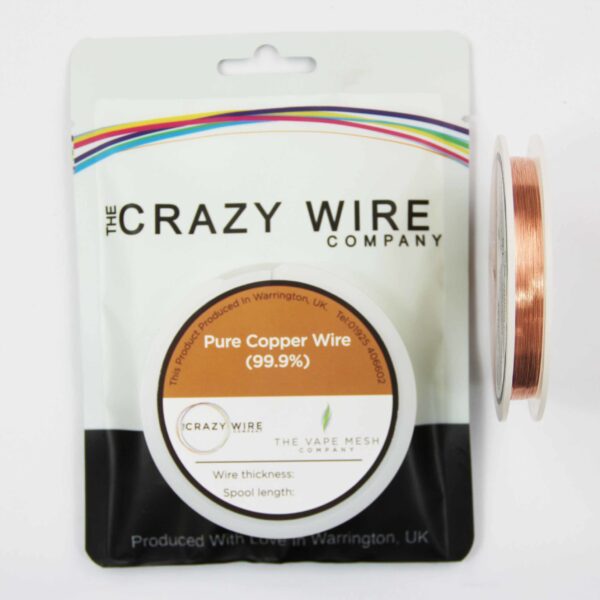In the realm of electrical engineering and manufacturing, the choice of materials for wiring plays a critical role in determining the efficiency, durability, and safety of electrical systems. There are a number of options available when it comes to copper wire, but tinned copper wire is a preferred choice due to its superior properties and advantages. Throughout this blog post, we examine the characteristics of tinned copper wire, discuss how it enhances electrical conductivity, and discuss its various uses.
Understanding Tinned Copper Wire
Tinned copper wire is essentially copper wire that has been coated with a thin layer of tin. This coating is typically applied through a process called electroplating. This is where the wire is immersed in a bath of molten tin while an electric current passes through it. This results in a uniform layer of tin being deposited onto the copper surface.
The Electroplating Process
Electroplating serves several purposes beyond enhancing electrical conductivity. It provides a protective barrier against corrosion, improves solderability, and enhances the overall lifespan of the wire in various environmental conditions. These factors make tinned copper wire highly versatile and suitable for a wide range of applications.
How Tinning Enhances Electrical Conductivity
Reduced Oxidation: Copper, when exposed to air, tends to oxidize over time, forming a layer of copper oxide on its surface. This oxide layer increases electrical resistance. This in turn reduces conductivity. By tinning the copper wire, the tin layer acts as a barrier, preventing direct contact between copper and oxygen. This significantly reduces oxidation and maintains the conductivity of the wire over its lifetime.
Improved Solderability: Tinned copper wire is easier to solder than bare copper wire. The tin coating provides a clean and smooth surface that promotes better adhesion of solder during the assembly of electrical connections. This ensures reliable electrical joints and minimises the risk of cold solder joints, which can lead to electrical failures.
Corrosion Resistance: Tin is more resistant to corrosion compared to copper. The thin layer of tin on tinned copper wire acts as a protective shield, preventing moisture and other corrosive agents from reaching the underlying copper. This makes tinned copper wire suitable for outdoor and marine applications where exposure to harsh environments is common.
Flexibility and Durability: Tinned copper wire maintains the inherent flexibility and malleability of copper while adding a layer of protection. This makes it easier to handle during installation and reduces the risk of the wire breaking or becoming brittle over time. The tin coating enhances the durability of the wire, making it suitable for use in demanding conditions.

Applications of Tinned Copper Wire
The unique properties of tinned copper wire make it indispensable in various industries and applications:
Electronics: Tinned copper wire is widely used in the manufacture of electronic components and printed circuit boards (PCBs). Its high conductivity and solderability make it ideal for carrying electrical signals and power within electronic devices.
Automotive: In the automotive industry, tinned copper wire is used for wiring harnesses, battery cables, and other critical electrical connections. Its resistance to vibration and corrosion ensures reliable performance in vehicles exposed to challenging conditions.
Aerospace: Aerospace applications demand materials that can withstand extreme temperatures and environments. Tinned copper wire is chosen for its reliability and performance in aircraft wiring systems.
Marine: Tinned copper wire is preferred for marine applications due to its corrosion resistance. It is used for wiring in boats, yachts, and other maritime vessels where exposure to saltwater and moisture is unavoidable.
Industrial Equipment: Tinned copper wire is used in industrial machinery and equipment where reliable electrical connections are essential for operation. Its durability and longevity contribute to minimising downtime and maintenance costs.
Advantages of Tinned Copper Wire
Enhanced Electrical Conductivity: The tin coating prevents oxidation of the copper wire, maintaining high electrical conductivity over time.
Corrosion Resistance: Tin provides a protective barrier against moisture and corrosive elements, making the wire suitable for harsh environments.
Improved Solderability: The tin coating facilitates easier and more reliable soldering, ensuring strong and consistent electrical connections.
Longevity and Durability: Tinned copper wire is more durable than bare copper, withstanding wear and tear, which extends the wire’s lifespan.
Flexibility: The wire remains flexible and easy to handle, making installation simpler and reducing the risk of breakage.
Versatility: It is suitable for a wide range of applications, including electronics, automotive, aerospace, marine, and industrial equipment.
Resistance to Vibration: In applications such as automotive and aerospace, tinned copper wire can endure vibrations without compromising performance.
Temperature Stability: The tin coating helps the wire maintain stability and performance across a range of temperatures.
Ease of Maintenance: The protective tin layer reduces the need for frequent maintenance, lowering overall operational costs.
Environmental Protection: Tinned copper wire is less susceptible to environmental damage, making it ideal for outdoor and marine applications.
In conclusion, tinned copper wire offers significant advantages over bare copper wire and other materials in terms of electrical conductivity, corrosion resistance, solderability, and durability. As a result of these properties, it is highly preferred across a wide range of industries, from electronics to automotive to aerospace to marine. Copper wire ensures efficient and reliable electrical connections that meet the stringent requirements of modern technology and infrastructure by engineers and manufacturers.
The demand for materials that are able to deliver high performance under diverse conditions will continue to grow as technology advances. This development is made possible by the use of tinned copper wire. This makes it an excellent foundation for the development of innovative electrical systems and products. The role it plays in enhancing electrical conductivity underscores its significance in the evolution of electrical engineering and manufacturing practices around the world.
We offer also a massive range of stainless steel wire and nichrome wire through our store. Choose the wire that you want to work with and we’ll get spooling.
If you’re interested in learning more about wire, check out our other blog on Everything You Need to Know About Wires.
We are also proud to supply this product on our highly popular eBay store, check us out there too.
Thank you for checking out our site.
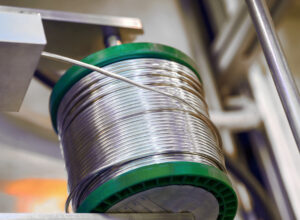
Nichrome Wire Safety: Top Tips for Working Safely
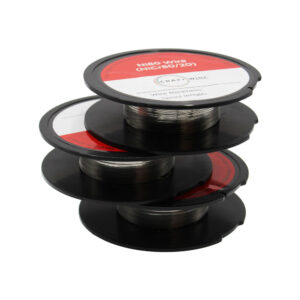
Best Wire for Electronics Projects
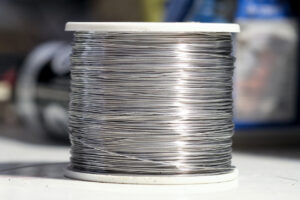
Is Ni80 Wire Suitable for DIY Heating Elements
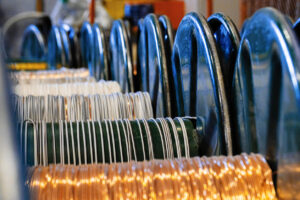
Wire Grades Explained
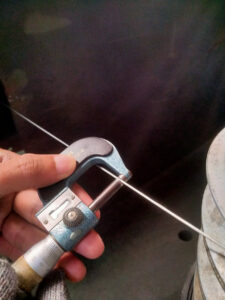
How Wire Diameter Affects Strength and Flexibility
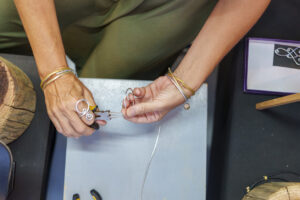
How to Cut and Shape Wire for Custom Applications

Can Wire Be Used in 3D Printing?
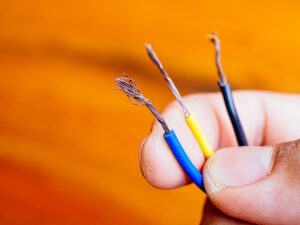
How Wire Composition Affects Conductivity
